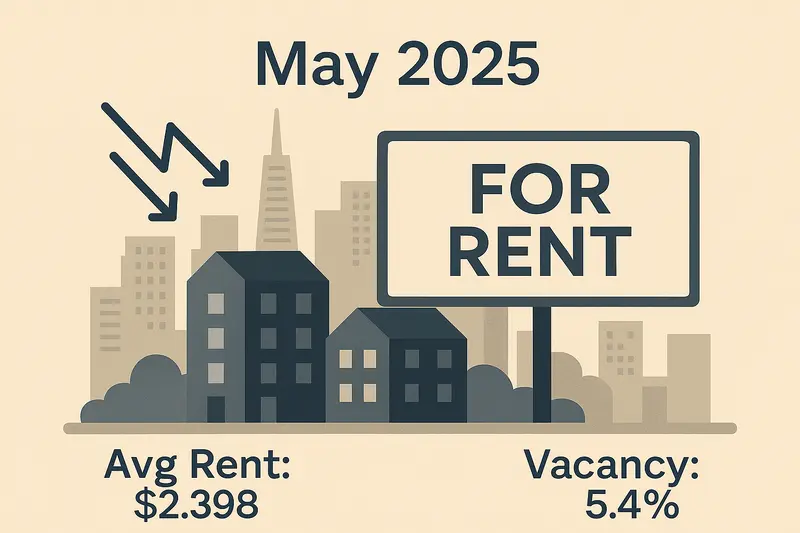Cleaning Charges: When a Landlord Can Deduct From the Security Deposit
Question
Answer
Tenant move-out cleaning often raises the question: can a landlord keep part or all of the security deposit to cover cleaning? Renters and owners search “security deposit cleaning deductions” looking for clear rules on allowable charges, normal wear and tear, and required documentation
State laws differ, but two principles prevail: deductions must be reasonable and clearly justified, and landlords cannot charge for normal wear and tear. Many jurisdictions require returning a deposit (or an itemized statement) within 14–60 days of move-out, listing any cleaning or repair costs with receipts or invoices If a unit shows only minor signs of everyday use—light scuff marks, faded paint, minor carpet wear—these generally count as wear and tear and cannot justify cleaning deductionsReview the lease: it may specify move-out cleaning expectations (e.g., professional carpet cleaning or deep cleaning), but lease clauses cannot override mandatory protections. In some states, pre-paid “cleaning fees” charged at move-in may be restricted or illegal unless tied to actual, documented costs needed to restore the unit to its original condition If a lease requires professional cleaning, tenants often must provide a paid receipt; otherwise, landlords must hire and deduct only the actual cost, not a flat penalty.
When charging for cleaning, landlords typically follow this process: inspect within the state’s allowed timeframe, document condition with photos, prepare an itemized list of cleaning tasks beyond usual upkeep (e.g., removal of excessive debris, stains requiring shampooing), obtain receipts or estimates, and send the statement to the tenant. If cleaning costs exceed the security deposit, some states allow landlords to pursue the difference as unpaid rent.
Typical cleaning cost ranges vary by market size and unit size—often $100–$300 for standard apartments in many areas—but landlords must base deductions on actual expenses. Tenants can minimize deductions by conducting a thorough cleaning before move-out, following any provided checklist, and photographing the cleaned condition. If disputes arise, tenants may request copies of invoices or challenge unreasonable charges through small claims or local rental tribunals.Final thoughts: Deducting cleaning from a security deposit requires clear lease terms, documentation of excess cleaning needs, and compliance with state deadlines and notice requirements. Since rules vary by state and locality, it’s advisable to consult state landlord-tenant statutes or a licensed attorney before imposing or disputing cleaning deductions.


